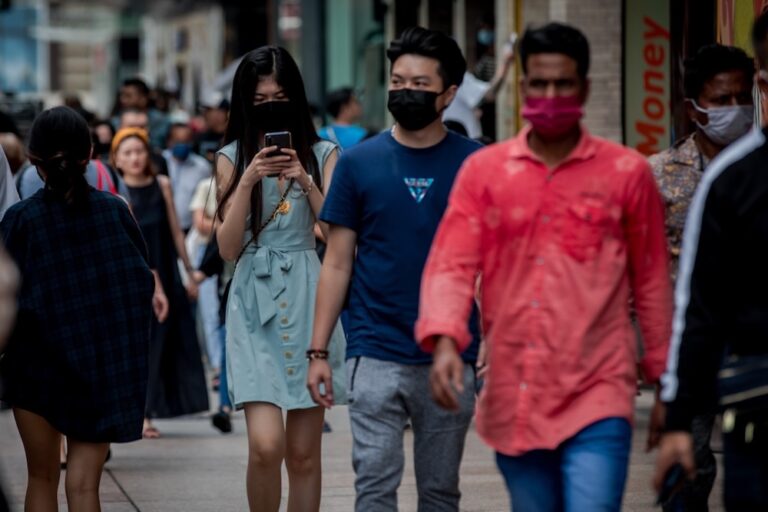(RSF/IFEX) – RSF has written to Malaysia’s minister of home affairs, Abdullah Ahmad Badawi, calling for the release of journalist Hishamuddin Rais who, along with five other prisoners of conscience, has been on hunger strike since 10 April 2002. “After a year of arbitrary detention under the Internal Security Act (ISA), this hunger strike movement […]
(RSF/IFEX) – RSF has written to Malaysia’s minister of home affairs, Abdullah Ahmad Badawi, calling for the release of journalist Hishamuddin Rais who, along with five other prisoners of conscience, has been on hunger strike since 10 April 2002. “After a year of arbitrary detention under the Internal Security Act (ISA), this hunger strike movement cannot fail to attract your attention and encourage you to release this journalist, who has done nothing more than exercise his right to seek, receive and impart information,” stated RSF Secretary-General Robert Ménard.
During Malaysian Information Minister Khalil bin Yaakob’s 16 April press conference in Paris, an RSF representative asked him whether his government intended to release the journalist. The minister replied that he was “not aware” of the hunger strike and said that people detained under the ISA “were being held for good reasons.”
According to information gathered by RSF, Rais, a contributor to the online newspaper “Malaysiakini.com” and documentary filmmaker, began a hunger strike on 10 April, along with five other dissidents who have been detained for a year under the ISA. The journalist is being held in the Kamunting Prison in Perak. Along with his five companions, who are members of opposition movements, he is accused of having “plotted to overthrow” the government. They were each sentenced, without trial, to two years in prison.
The prisoners’ families say their health is deteriorating rapidly. Rais and Badrulamin Bahron were admitted to the prison hospital on 16 April. They have been put on a drip and are still refusing food and drink.
Since launching their hunger strike during the week of 8 April, the dissidents have received the support of human rights activists, government opponents, and former deputy prime minister Anwar Ibrahim, who has himself been refusing food and drink for a few days in a gesture of solidarity.


